A Descent into Hell: Angel Heart (1987) – A 30th Anniversary Retrospective

Written and directed by British maverick filmmaker Alan Parker and adapted from the novel Falling Angel by William Hjortsberg, Angel Heart is a mystery pastiche of hardboiled film noir and psychological supernatural occult horror, a hybrid of Chandler-esque detective story and Faustian tale. The film is encapsulated in a constant atmosphere of dread and is very stylish, featuring wonderful cinematography, imaginative, and shocking imagery and an excellent blues/jazz soundtrack.
It is chock-full of highly memorable great scenes, thanks to the depth of its screenplay, innovative direction by Parker, and a career best turn from the effortlessly cool and endlessly talented screen idol Mickey Rourke. One of the most sensitive actors of his generation delivers a breathtaking performance with a very human and sympathetic portrayal of a flawed and disheveled everyman private detective. Acting legend Robert De Niro provides stellar support, whose character is the exact polar opposite – an eccentric and elegant gentlemen type. Witness awe-inspiring displays of method acting competition in the four scenes they share the screen. Veteran De Niro brings the best out in the then upcoming Rourke due to a jealous rivalry with both men trying to one up each other to prove who the better actor is.
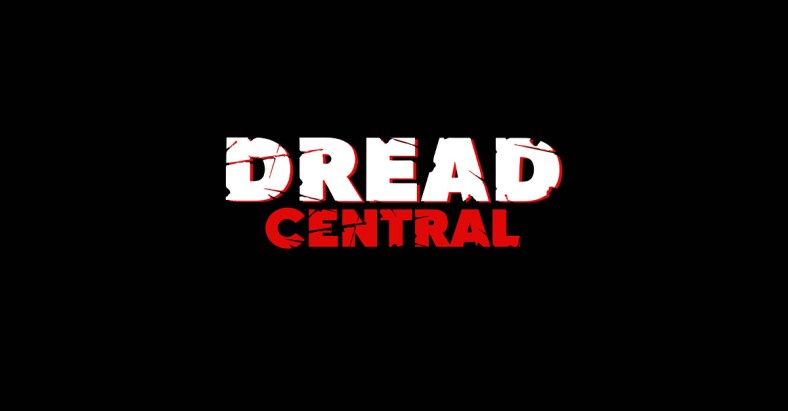
The story begins in Brooklyn, New York, 1955. Private investigator Harry Angel (Rourke) is hired by the mysterious aristocrat Louis Cyphre (De Niro) for a missing persons case. His job is to locate a once popular singer – a big band crooner named Johnny Favorite. Favorite owes a great debt to Cyphre, who does not explicitly disclose the details of this to Angel. Cyphre goes on to tell Angel that Favorite was badly injured in World War II, suffering a severe neurological trauma, and was hospitalized and that the hospital may have falsified his records.
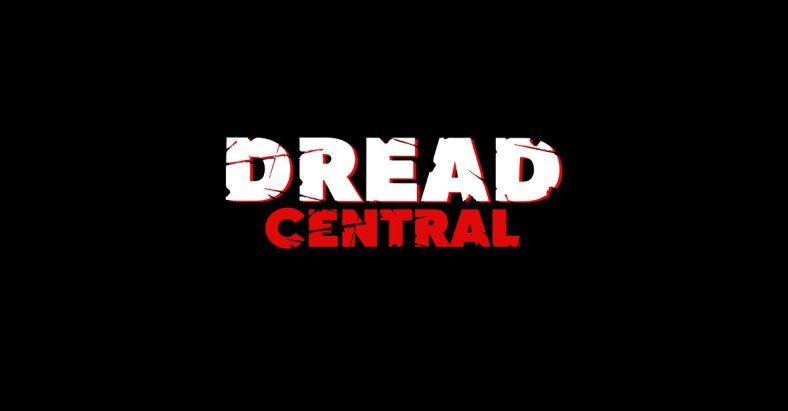
The ensuing investigation leads Angel to New Orleans, Louisiana, and through a nightmarish journey to discover the truth. He discovers Favorite was far from a savory character, as he was heavily mixed up in Satanism and voodoo, and everybody Angel questions ends up the victims in gruesome ritual murders, leaving him as chief suspect. Could it be that Favorite is cutting off all the loose ends and is trying to frame Angel?
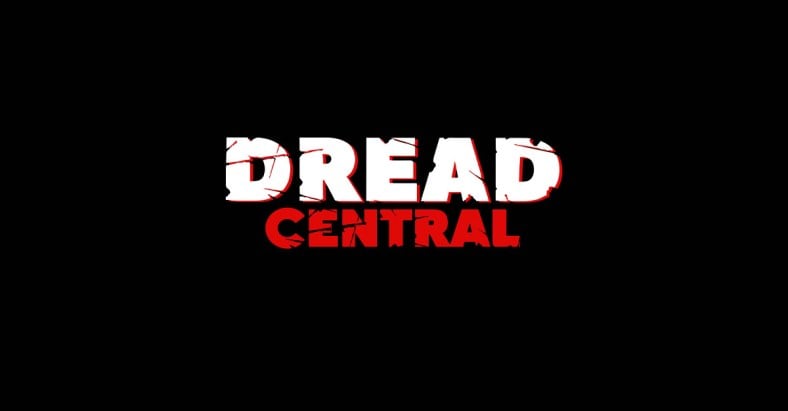
Angel is also beaten up a few times along the way and experiences harrowing visions of horrific events he cannot piece together. He is suspicious of his client, Cyphre, whom he suspects knows more than he is letting on. Angel has a passionate fling with the daughter of one of Favorite’s old girlfriends, Epiphany, played by the beautiful Lisa Bonet, who oozes steamy sex appeal. Depicted here is one of the most intense and disturbing sex scenes ever committed to celluloid, with the imagery representing the act of an amoral sin.
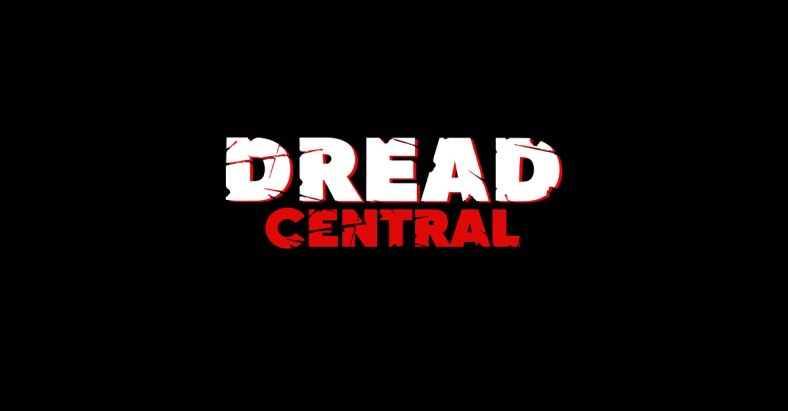
Alan Parker gradually unravels a sinister mystery, planting subtle clues in the dialogue, and prominently uses symbolism both in Angel’s vivid and terrifying visions and in the real world of the story. Used to an unsettling effect are common everyday things, utilized as ominous signs – elevators, staircases, fans, the eating of eggs, the growing of fingernails, keys, and other certain props. Clues are also sprinkled throughout with the use of haunting music and sounds. Composer Trevor Jones’ foreboding score is a palette of blues and jazz, encompassing piano and saxophone, and employs whispers and loud heartbeats. All this provides a consistently uneasy viewing experience, right up until the shock revelation in the finale.
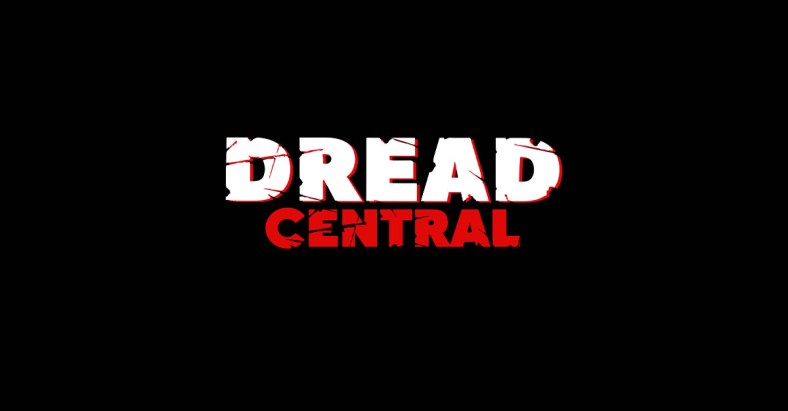
Parker’s approach to the material is with the emphasis on realism, and the inclusion of all things fantastically evil as its theme is purely incidental; it is a mystery for our gumshoe protagonist to solve that just so happens to involve witchcraft. All things supernatural, satanic, and voodoo are treated seriously in a matter of fact fashion with no campy hocus pocus shenanigans in sight.
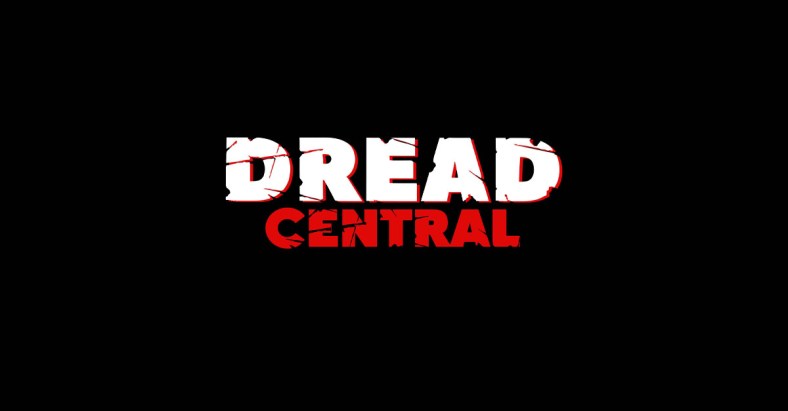
The director’s attention to detail of the period setting of the ‘50s is concrete accurate, and we really get the feel of a classic detective story from the era. He takes the story out of the sole setting of New York, as it was in the source material of Hjortsberg’s book, with the majority of the film set in Louisiana. The depiction of this Southern American state is dark, gritty, and dangerous. However, also contradictive to this, Michael Seresin’s stunning desaturated cinematography captures the natural beauty of Cajun country, and you can almost feel its sweltering heat and humidity.
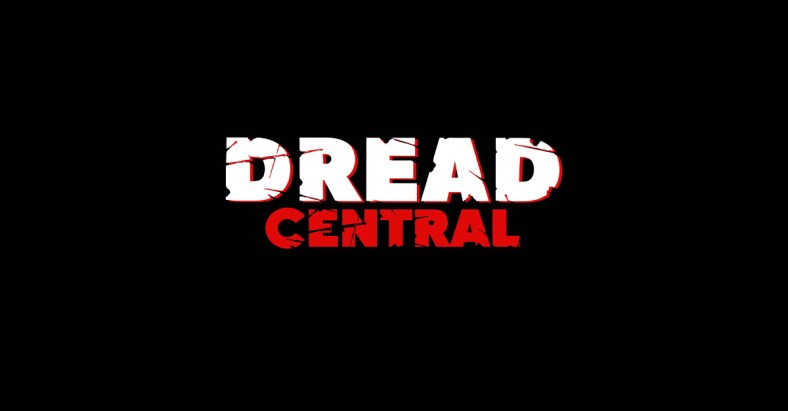
This is one of the most electrifying scenes between Rourke and De Niro and a prime example of the use of dialogue and symbolism as clues to the mystery…
Angel meets his client, Cyphre, in a New York restaurant. A bowl of hard-boiled eggs is on the table they are sitting at, and Cyphre picks one up and slowly starts to break its shell. Cyphre does so with such precision on the beat of every line of dialogue. When Cyphre is done, before he takes a bite, he tells Angel, “You know some religions think that the egg is the symbol of the soul; did you know that?”
Angel replies, “No, I didn’t know that.”
Cyphre then sprinkles some salt on top of the egg, gives it a blow, and then asks Angel, “Would you like an egg?” Angel picks up a pinch of salt from the table, and throws it over his left shoulder. In Leonardo da Vinci’s painting The Last Supper, Judas has knocked over the saltcellar with his elbow. This is where the superstition comes from that spilling salt brings bad luck, as it is associated with treachery and lies. If someone spills salt, it is believed that a pinch of it thrown over their left shoulder is supposed to blind the devil, who is believed to always be standing behind us, and this distracts him from causing trouble.
Angel then replies, “No, thank you; I got a thing about chickens.” His hatred of chickens is a motif that runs through the film. Cyphre then takes a big bite out of the egg and slowly chews while having a menacing facial expression, as if he is devouring the soul and his precise taking apart of the egg’s shell beforehand is the breaking of it. Angel looks on horrified.
http://www.youtube.com/watch?v=YQfiuHK_U84
Unfortunately, at the time of the film’s release, many narrow-minded mainstream critics dismissed it as merely style over substance, with all the emotion and intelligence going over their little heads. It was also a box office disappointment, just falling short of breaking even domestically. Thankfully, over these last 30 years, wiser heads have prevailed; it has amassed a large cult following due to its home releases, and it is rightfully often cited today as one of the finest pieces of horror filmmaking.
Angel Heart is a truly astonishing film and is one of the greatest works of 80’s cinema – an irresistible cinematic treat that is powerful, mesmerizing, and original. A must-see.
http://www.youtube.com/watch?v=p3F5S-GQKkI
Categorized:News Retrospectives

